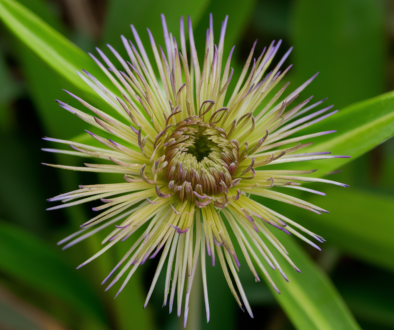Coleus
Coleus is a genus of flowering plants in the family Lamiaceae, native to tropical regions of Africa, Asia, and Australia. Known for their vibrant foliage and ease of cultivation, Coleus plants are popular choices for ornamental gardens, indoor decoration, and landscaping. Beyond their aesthetic appeal, some species of Coleus have been used in traditional medicine for their medicinal properties.
Part Used: The leaves of Coleus plants are the primary part used for their medicinal benefits. These leaves contain bioactive compounds such as forskolin, which has been studied for its potential therapeutic effects. Forskolin is believed to have various pharmacological properties, including anti-inflammatory, antimicrobial, and cardiovascular benefits.
Usage: In traditional medicine, Coleus leaves have been used to treat a variety of ailments, including respiratory conditions, digestive issues, and skin disorders. The leaves are often consumed as a herbal tea or used topically in poultices or ointments. Additionally, forskolin extracted from Coleus plants has been investigated for its potential role in weight management, heart health, and improving overall well-being.
Agrotechniques: Cultivating Coleus plants is relatively easy, as they thrive in warm, tropical climates with well-drained soil and moderate sunlight. They can be grown outdoors in gardens or indoors as houseplants, depending on the climate and preference. Coleus plants are typically propagated from stem cuttings, with planting done in moist, fertile soil during the spring or summer months. Regular watering and occasional fertilization with a balanced fertilizer promote healthy growth and vibrant foliage.




